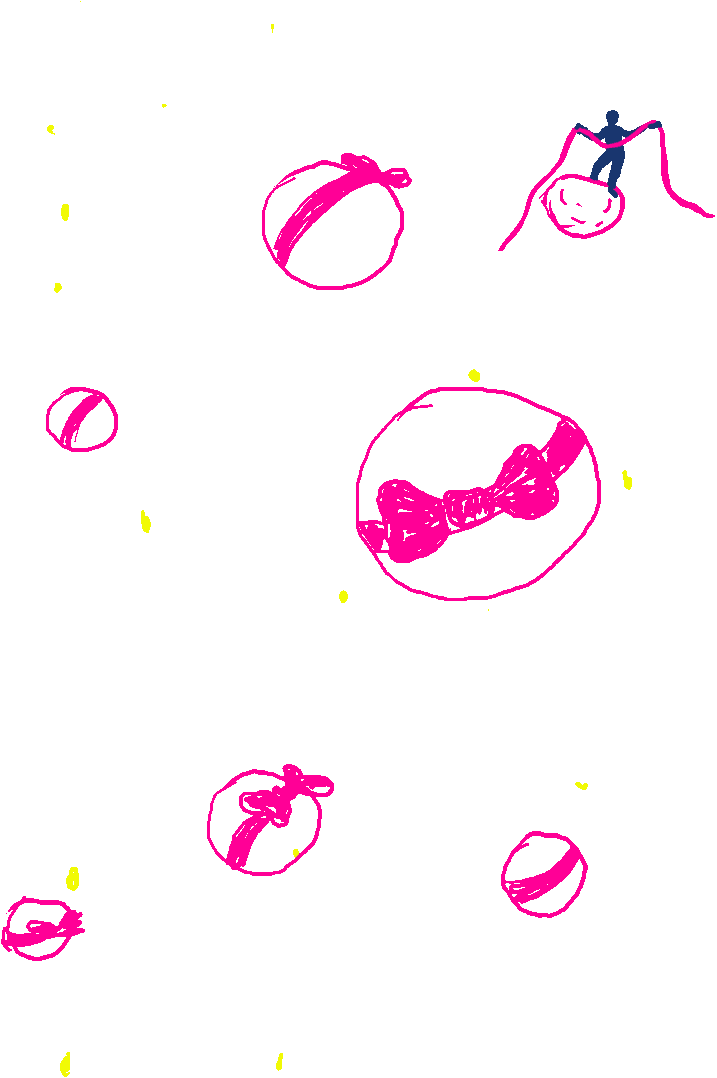Editor’s Note: Gene Seymour is a film critic who has written about music, movies and culture for The New York Times, Newsday, Entertainment Weekly and The Washington Post. The opinions expressed in this commentary are his.
Story highlights
Gene Seymour: Did Leonard Cohen die or pass to a higher spiritual plane for the truly and profoundly enlightened?
He says the 'Hallelujah' songwriter was emotionally generous; his loss catches us by surprise, we feel the absence
There are those who will say – if they haven’t already – that Leonard Cohen did not really die Thursday at 82 as has now been widely reported. They will say he simply passed to a higher spiritual plane accessible only to those who are truly and profoundly enlightened.
Which would be a lovely thought, if it weren’t for its implication of privilege and hierarchy that one senses would be abhorrent to Cohen’s spiritual and artistic values. To presume greater enlightenment than anybody else would be presumptuous, dishonest and, above all, selfish.
The world fell in love with the Canadian singer-songwriter more than 45 years ago because it sensed from the beginning his emotional generosity. He wanted to share it all with us, whether the “it” in question was the instinct towards romantic possibility, heard in such early classics as “Suzanne,” “Sisters of Mercy,” “Bird on the Wire” and “Hey, That’s No Way to Say Goodbye.” Or the submission to joy and exaltation celebrated in “Anthem” and – of course – “Hallelujah,” to whose perpetual airplay and renderings we will likely be exposed over the next 48-to-72 hours– now that he’s gone.























































































































People we lost in 2016
If he’s really gone…but hold that thought…
How did this happen? It was only a few weeks ago, when the Nobel Prize committee announced it was giving its literature prize to Bob Dylan, that some of us were bringing up Cohen’s name as a plausible alternative, if indeed this was the year for a singer-songwriter.
Get our free weekly newsletter
As if to back up such arguments, the man himself had released a new album, You Want It Darker, which is as sepulchral and indigo-dyed as its title implies, with mournful backup vocals suggesting a monastic chorus and instrumental support as Spartan and austerely furnished as a monk’s cell.
Perhaps the title track’s lyrics should have served as prelude, or at least a signal that the end was near. “If you are the dealer/ I’m out of the game/If you are the healer/I’m broken and lame/If thine is the glory/Then mine must be the shame/You want it darker…I’m ready, my Lord…”
As with Dylan, Cohen seemed to own a direct line to the prophetic and messianic. They both knew the words to songs that were already conceived, but that could only be accessed by their respective subconscious. Cohen could be as daring with his word combinations as Dylan, and his rage could startle with its prescience and vision.
Perhaps the most paradigmatic example of what aroused Cohen’s ire can be found in a song that, one guesses, will have been played quite a bit in the last 24 hours. “Everybody Knows” can be considered the anti-“Hallelujah” in its more trenchant and yet just-as-all-encompassing view of the pre- and post-Millennial world.
It begins: Everybody knows that the dice are loaded/Everybody rolls with their fingers crossed/Everybody knows that the war is over/Everybody knows that the good guys lost/Everybody knows the fight was fixed/The poor stay poor, the rich get rich/That’s how it goes/Everybody knows…”
It only gets grimmer from then on. Yet we never resented Cohen for coming up with such a despairing, spot-on worldview. If anything, we were grateful that the same mind that could come up with “Famous Blue Raincoat,” “Who By Fire,” “Tower of Song,” “Dance Me To the End of Love.” and, (again) of course, “Hallelujah” had a heart and mind big enough to take in such forbidding observations and make us all feel somehow more validated, if not altogether better, for sharing what he knew with us.
When the world loses such generosity, especially when it sort of catches us by surprise, we keenly feel its absence.
Then you wonder again if he’s really gone.
And as long as the question remains open, the question of “absence” remains, at best, theoretical.



















